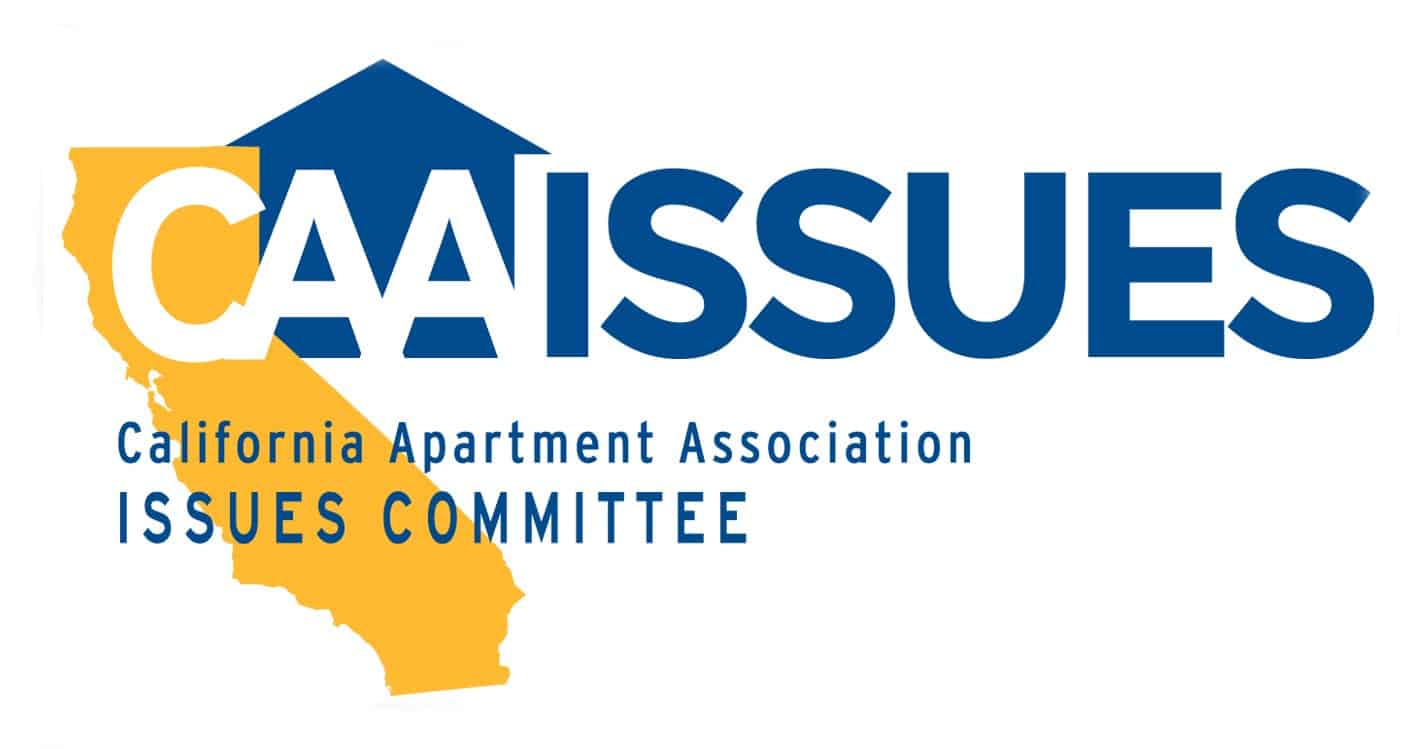Ignoring the pleas of local housing providers, the Alameda County Board of Supervisors on Tuesday rejected a proposal to discuss potential changes to the county’s COVID-19 eviction moratorium.
On a 3-2 vote, supervisors shut down any talk of reforming the pandemic-related eviction restrictions that county landlords have been forced to endure for more than two years.
“The board effectively told housing providers their concerns aren’t valid,” said Joshua Howard, CAA’s executive vice president of local public affairs.
In March 2020, the Board of Supervisors adopted the most restrictive eviction moratorium in the state, if not the nation, stripping the property rights of every Alameda County housing provider.
The ordinance effectively gave tenants a pass to live rent-free without suffering any risk of eviction during, or even after, the moratorium. The ordinance is now subject to two separate federal lawsuits, including one brought by CAA.
In recent days, though, housing providers had reason for optimism when Supervisor David Haubert proposed a public discussion about the future of the eviction moratorium.
CAA will continue to fight Alameda County’s eviction moratorium in federal court, where it’s being challenged on constitutional grounds.
Local landlords sent supervisors thousands of letters supporting Haubert’s idea and sharing their concerns about the moratorium. On Tuesday, hundreds of impacted rental housing owners lined up to testify about the unfairness of a law that lets tenants skip the rent while they buy new cars or other luxury purchases.
But when a significant number of people came to speak, Board President Keith Carson closed public comment early without allowing all the rental housing providers in attendance to have their opportunity to speak, essentially telling landlords he’d heard enough.
“They stole people’s homes. They stole their incomes. Now they’ve silenced their voices,” Howard said. “The board had a chance to be inclusive, to be fair, and to listen to all sides, but supervisors squandered that opportunity.”
Instead, he said, the board continues to perpetuate a policy that sanctions squatting and robs property owners of their investments without rhyme, reason, or compensation.
